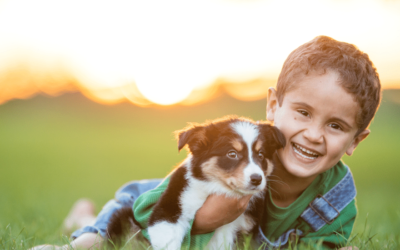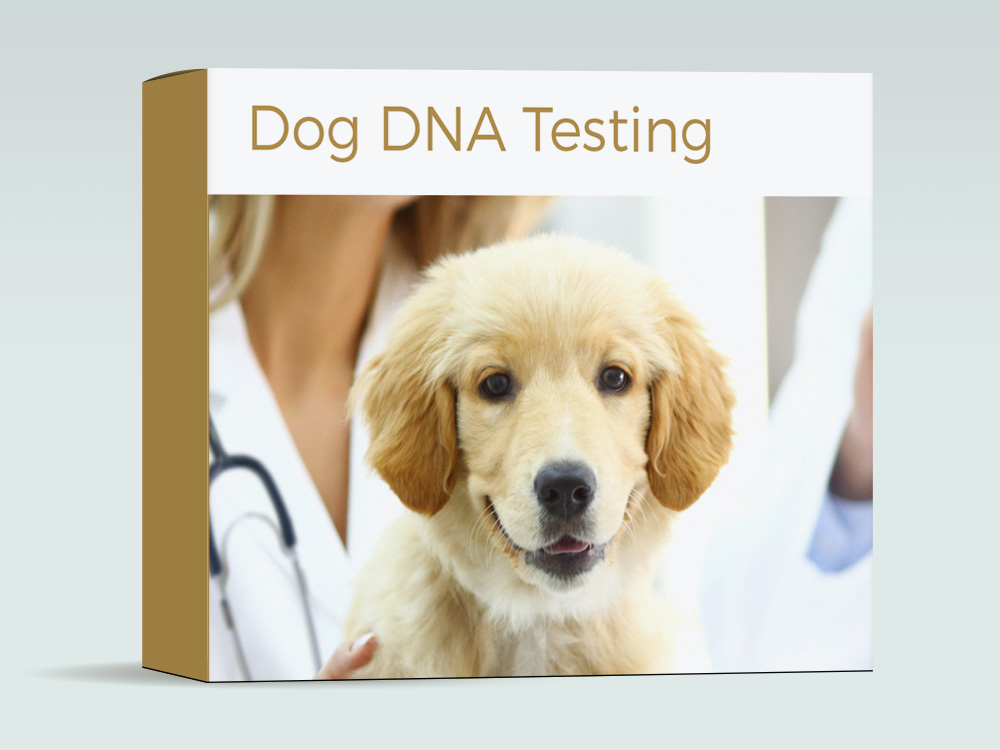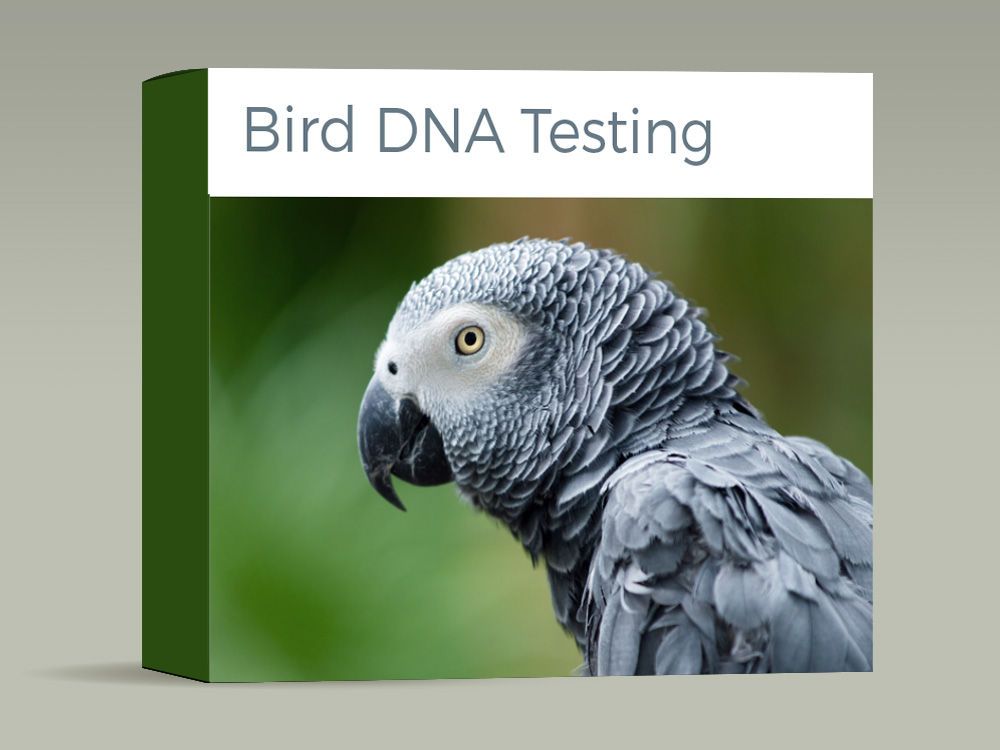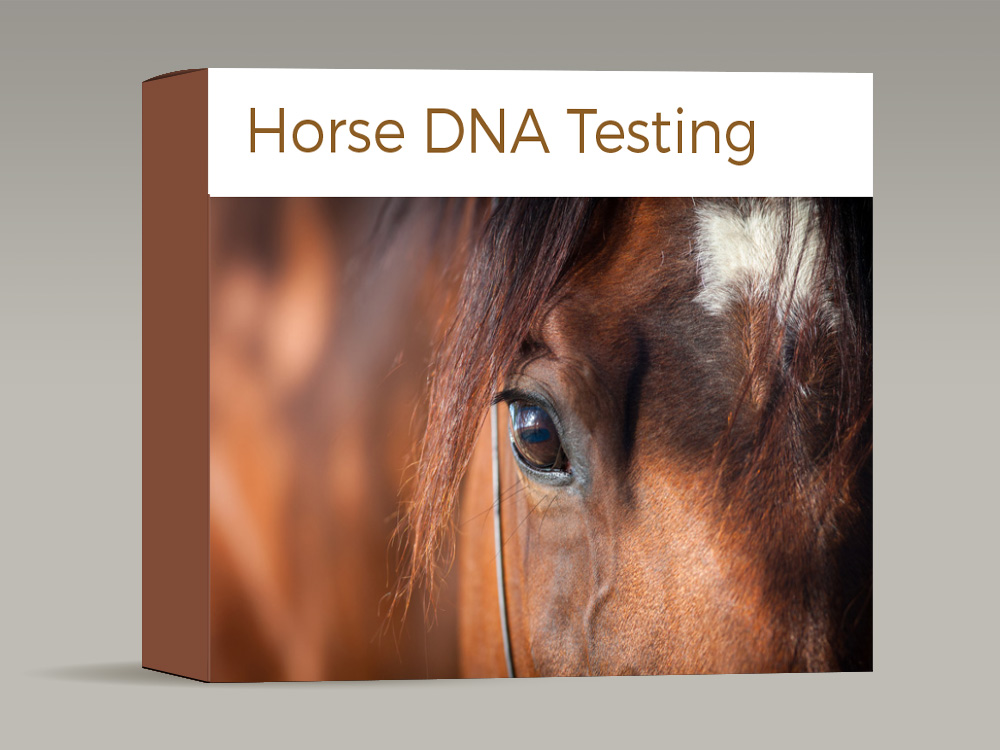
As your chosen DNA testing laboratory, we at DDC Veterinary want to provide a smooth process to get you the reliable results on which your business depends. We realize there are often time constraints, such as the heat cycle of the female, puppies going to new homes, or working with your veterinarian to find answers for your dog’s illness. So we do our best to process dog DNA tests as fast as possible without ever sacrificing accuracy.
Want to be a superstar for your dog DNA tests? Let’s talk about the importance of submitting a viable sample. DDC Veterinary uses polyester or cotton-tipped swabs as oral cheek swabs. Cheek cells have proven to be equally as accurate as blood samples, as DNA is found in both kinds of cells. Four cheek swabs per dog give us the DNA material we need for any and all tests needed. A single swab may not contain enough DNA for extraction to run several tests, such as our 6-test Labrador Disease Panel, or our 9-test Full Color Panel. So submitting four cheek swabs is optimal.
The advantages of using cheek swabs over blood samples:
- Equally as accurate as blood
- No blood draw needed—less invasive for your dog
- Sample collection can be done by the dog owner in the comfort of their own home
- Stable in any temperature— no refrigeration during shipment needed
- Stable for a long time— will not degrade if shipping takes two weeks
- Non-hazardous content for international shipping
But even as stable as cheek-swab samples are, there are right ways and wrong ways to handle them.
4 Superstar Tips for Acing Dog DNA Tests the First Time
1.Use the right kind of swabs: DDC Veterinary testing requires polyester or cotton-tipped swabs. Cytol brushes or oral sponge applicators do not provide optimal DNA material for our extraction process. If we receive brushes or sponges, the odds are we have to request new samples. Our DNA collection kit comes with two (2) paper sleeves containing two (2) sterile swabs each.
2. Always store in properly-marked paper envelopes: Cheek swabs should be put in a paper envelope labeled with the dog’s information. The paper allows air to get to the swabs while they dry. If sample swabs are enclosed in plastic, either a sealed tube, sleeve, or bag, they will be unusable. Trapped moisture causes bacteria to grow, which can degrade the DNA. A sample encased in plastic will require a new sample, delaying testing—and no one wants delays! Our DNA collection kit comes with one (1) white sample envelope to hold all four cheek swabs.
3. Avoid cross-contamination: The cheek swab should go straight from the package to the dog’s mouth to collect the sample, then into the paper sample envelope. If a swab is dropped, or set down on a counter, it can become contaminated, and we would have to ask for a recollection.
4. Prep nursing puppies for dog DNA tests: Nursing puppies can be tested. They should be separated from the dam for 30-45 minutes before swabbing their cheeks. This ensures no milk will be in their mouths to possibly contaminate the sample.
The Tip of the Tail
We have trained, conscientious staff who are always willing to answer questions about the process. We understand it can be confusing or even a little intimidating so we’re happy to help. Also, our emails, website content, and social-media posts provide as much information as possible to answer any questions that may arise. The bottom line is we care about your pet and your business, and want you to have the best possible DNA testing experience with DDC Veterinary.







0 Comments